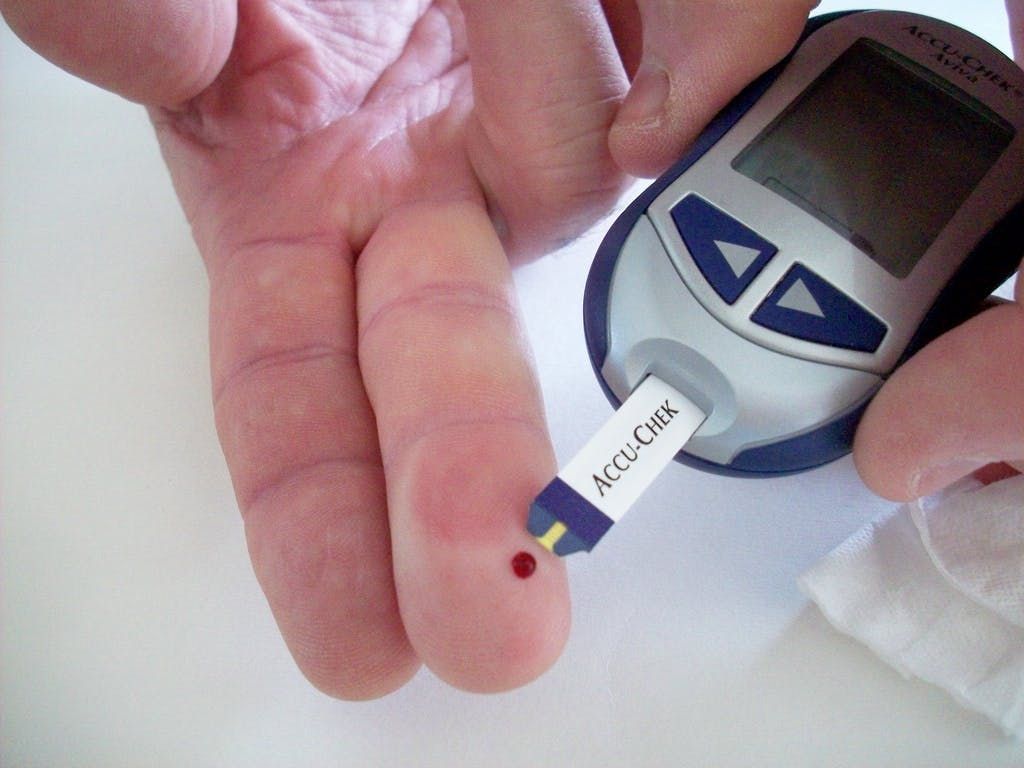Diabetes is one of the biggest health issues we face today. What was
once an uncommon disease has become a veritable epidemic. One in ten
people–almost 30 million altogether–are currently diagnosed with
diabetes. Two out of three people who suffer from diabetes will die,
either from the condition itself or from complications, such as kidney
failure, associated with it. Diabetes is a condition in which the body
cannot properly regulate the amount of glucose in the blood. There are
two types of diabetes: Type 1, commonly called juvenile diabetes; and
Type 2, or adult-onset diabetes.
Type 1 vs. Type 2 Diabetes
Type 1 is a genetic disorder in which the pancreas is unable to produce
enough of the hormone insulin, which regulates blood sugar. Type 1
patients must have daily insulin injections to supplement what their
bodies make. In Type 2, the body produces enough insulin but is unable
to process it properly. This is the most common form of diabetes, and is
a chronic disease requiring ongoing medical care. Diabetes is often
complicated by other chronic health conditions such as high blood
pressure. There is no cure for either type of diabetes. Type 1 patients
must take insulin for life, and while lifestyle changes may have some
impact on Type 2 cases, though most patients remain on medication for
life as well.
Research into Cannabis Use
Although diabetes has been the subject of intense research, progress in
treatment has been slow. Recent studies, however, show that medical
marijuana holds promise as a primary treatment or adjunct to treatment
for both types of diabetes. One study, entitled The Impact of Marijuana
Use on Glucose, Insulin, and Insulin Resistance among US Adults and
published in The American Journal of Medicine found that medical
cannabis users had a more productive carbohydrate metabolism than
non-users; their fasting insulin levels were lower and they exhibited
less insulin-resistance than non-users. In fact, their fasting insulin
levels were actually 16 percent lower than those who had stopped using
medical marijuana, or who had never used it at all, and they were more
able to utilize the insulin their bodies produced.
For Type 2 patients, medical marijuana may help maintain normal blood
sugar levels and control the advance of the disease. However, there are
also implications for Type 1 patients, as lower fasting levels may
decrease the amount and volume of insulin needed. For those whose
diabetes is complicated by high blood pressure, it may be even more
helpful. While it initially increases heart rate in new users, after a
small adjustment period medical marijuana has been found to result in
lowered blood pressure long-term.






